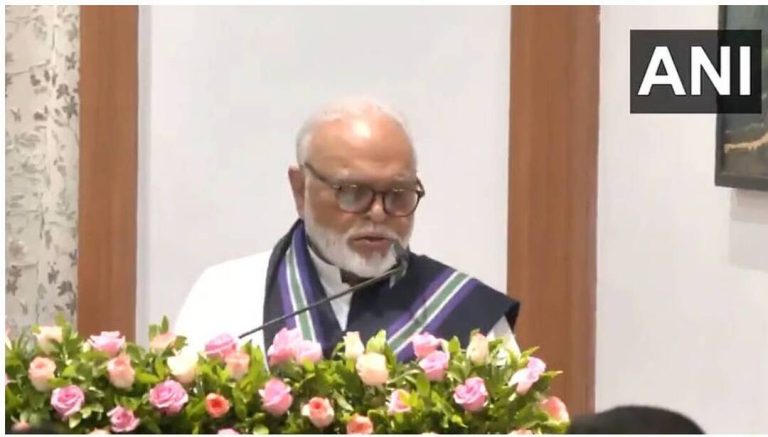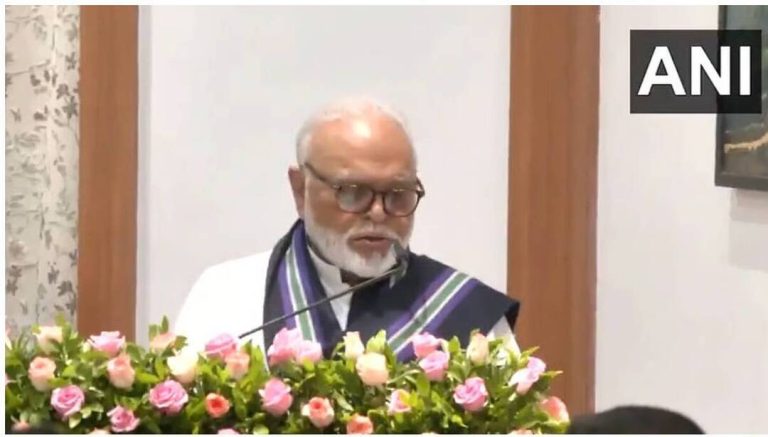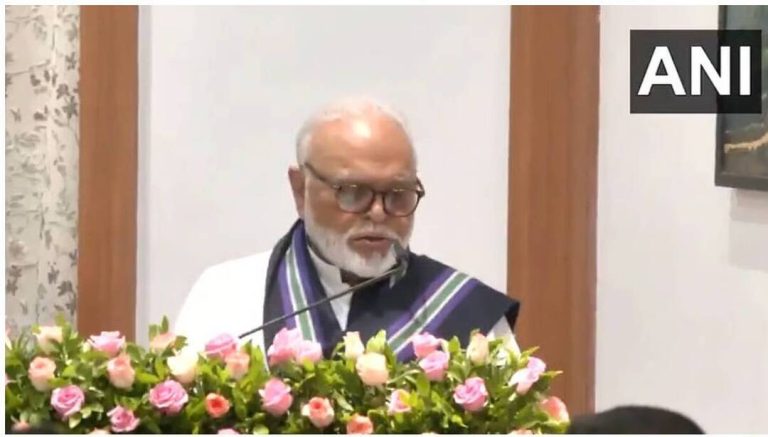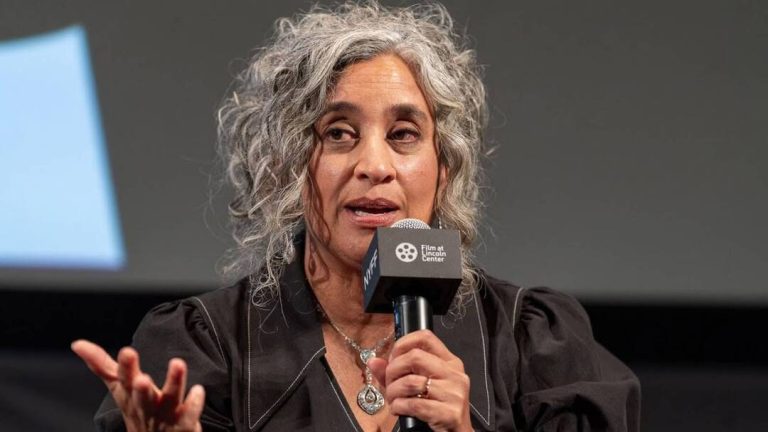
NRC real intent behind SIR: West Bengal CM Mamata Banerjee
On Constitution Day, West Bengal Chief Minister Mamata Banerjee sparked a controversy by claiming that the National Register of Citizens (NRC) was the real intent behind the Election Commission’s Special Intensive Revision (SIR) of draft electoral rolls across the country. This statement has ignited a debate about the true motives behind the SIR exercise and its potential implications on the citizens of India. In this blog post, we will delve into the details of the SIR exercise, the concerns raised by CM Mamata Banerjee, and the potential consequences of such an exercise on the country’s citizens.
The Special Intensive Revision (SIR) of draft electoral rolls is an exercise conducted by the Election Commission of India to update and revise the electoral rolls across the country. The exercise aims to ensure that the electoral rolls are accurate, up-to-date, and inclusive, allowing all eligible citizens to exercise their right to vote. However, CM Mamata Banerjee has raised concerns that the SIR exercise is, in fact, a precursor to the implementation of the National Register of Citizens (NRC) across the country.
The NRC is a register of all Indian citizens, and its implementation has been a contentious issue in the country. The NRC was first implemented in the state of Assam, where it aimed to identify and deport illegal immigrants. However, the exercise was marred by controversy, with many genuine citizens being left out of the register. The exercise also raised concerns about the potential for discrimination against certain communities, particularly Muslims.
CM Mamata Banerjee has claimed that the SIR exercise is an attempt to implement the NRC across the country, which would have far-reaching consequences for the citizens of India. She has argued that the citizenship of people in the country is being questioned, and that the exercise is an attempt to exclude certain communities from the electoral rolls. The CM has also claimed that 35 people died due to the SIR exercise in the state of West Bengal, highlighting the human cost of such an exercise.
The concerns raised by CM Mamata Banerjee are not unfounded. The SIR exercise has been criticized for its potential to disenfranchise certain communities, particularly those who do not have the necessary documents to prove their citizenship. The exercise has also raised concerns about the potential for discrimination against certain groups, particularly Muslims and other minority communities.
The implementation of the NRC has already had devastating consequences in the state of Assam, where many genuine citizens have been left out of the register. The exercise has also led to the detention of many people who have been deemed to be illegal immigrants, highlighting the human cost of such an exercise. If the SIR exercise is indeed a precursor to the implementation of the NRC across the country, it could have far-reaching consequences for the citizens of India.
The controversy surrounding the SIR exercise and the NRC has also raised questions about the role of the Election Commission in the exercise. The Election Commission has maintained that the SIR exercise is a routine exercise aimed at updating and revising the electoral rolls. However, the concerns raised by CM Mamata Banerjee and other opposition leaders have cast a shadow over the exercise, highlighting the need for greater transparency and accountability.
In conclusion, the controversy surrounding the SIR exercise and the NRC has raised important questions about the citizenship of people in India. The concerns raised by CM Mamata Banerjee about the potential for discrimination and disenfranchisement are not unfounded, and highlight the need for greater transparency and accountability in the exercise. As the country moves forward, it is essential to ensure that the rights of all citizens are protected, and that the exercise does not lead to the exclusion of certain communities.
The controversy surrounding the SIR exercise and the NRC is a complex issue, and one that requires careful consideration and deliberation. As the country grapples with the implications of such an exercise, it is essential to prioritize the rights and dignity of all citizens, regardless of their background or community. The implementation of the NRC and the SIR exercise must be done in a transparent and accountable manner, with adequate safeguards to prevent discrimination and disenfranchisement.
In the end, the controversy surrounding the SIR exercise and the NRC serves as a reminder of the importance of protecting the rights and dignity of all citizens. As the country moves forward, it is essential to prioritize the values of inclusivity, equality, and justice, and to ensure that all citizens are treated with dignity and respect.






